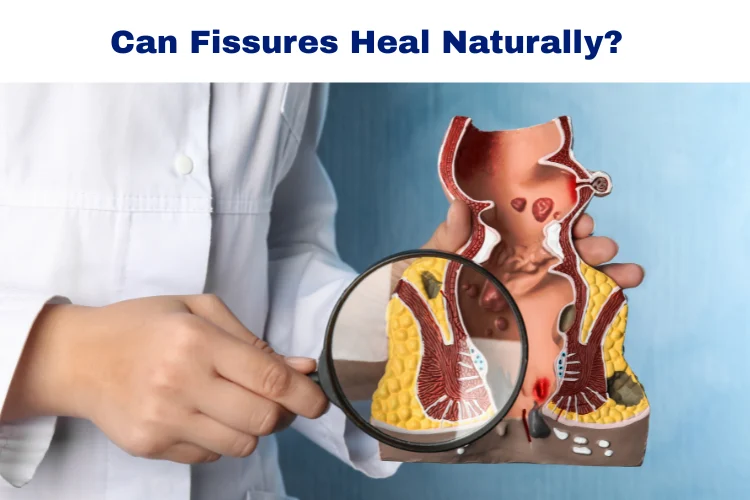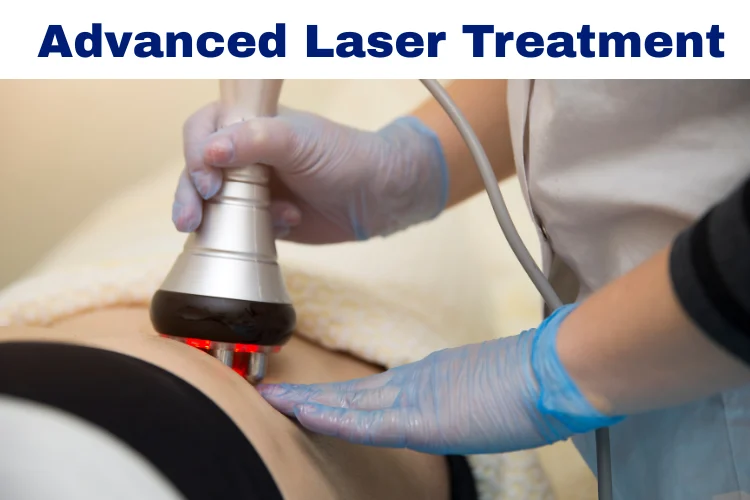Anal fissures may be small, but they can cause intense pain and discomfort. If you’ve been dealing with sharp rectal pain, bleeding, or a burning sensation during bowel movements, it’s important to understand your fissure treatment options and how to manage this condition effectively.
What Is an Anal Fissure?
An anal fissure is a small tear or cut in the lining of the anus, typically caused by constipation, straining during bowel movements, or passing hard stools. Fissures are common and often confused with hemorrhoids, but they are different conditions requiring specific treatments.
Common Symptoms of an Anal Fissure
- Sharp pain during or after bowel movements
- Bright red bleeding on toilet paper
- A visible crack near the anal opening
- Itching or burning around the anus
- A small lump or skin tag near the tear
These symptoms can be quite uncomfortable and may worsen without proper care.
Causes and Risk Factors
While anyone can develop an anal fissure, several factors increase your risk:
- Chronic constipation or diarrhea
- Straining during bowel movements
- Childbirth trauma
- Inflammatory bowel diseases like Crohn’s
- Poor blood supply to the anal area
Anal Fissure Treatment Options
1. Home Remedies and Lifestyle Changes
Mild fissures often heal within a few weeks with proper self-care:
- High-fiber diet: Eases bowel movements
- Hydration: Prevents hard stools
- Sitz baths: Warm water soaks soothe pain
- Topical ointments: Numbing creams or hydrocortisone help reduce inflammation
Learn More Effective Home Remedies for Anal Fissures
2. Medications
For moderate fissures, doctors may prescribe:
- Nitrate-based creams or calcium channel blockers to relax anal muscles
- Stool softeners to prevent straining
- Pain relievers for temporary relief
3. Botox Injections
Botulinum toxin injections help relax the anal sphincter muscle, promoting healing. This is a non-surgical option for chronic fissures.
4. Surgical Options
When conservative treatments fail, lateral internal sphincterotomy is the most common surgery. It involves a small cut to relieve muscle pressure and enhance healing. It’s usually very effective and has a high success rate.
Why Choose GutCare Clinics for Fissure Treatment in Bangalore?
GutCare Clinics is among the top-rated centers in Bangalore for treating anal fissures and other colorectal conditions. Here’s why:
- Specialist Care: Our skilled colorectal specialist, Dr. Yuvaraj, provides proper diagnosis and customized care.
- Advanced Techniques: From non-surgical treatments to laser therapy and surgery, we utilize the most advanced techniques.
- Compassionate Approach: We emphasize patient comfort, confidentiality, and full recovery.
- Convenient Location: Conveniently located in Bangalore for immediate attention and follow-ups.
At GutCare Clinics, we don’t just treat the symptoms—we aim for long-term healing.
Learn about anal fissure treatment
Recovery & Aftercare
Most fissures heal within 6 to 8 weeks with proper care. After treatment:
- Avoid constipation
- Stay hydrated and eat fiber-rich foods
- Follow all medical instructions
- Return for follow-ups if recommended
Surgical patients usually return to normal activities in a few days with minimal discomfort.
FAQs
1. How long does it take for an anal fissure to heal?
Mild fissures may heal within 2–3 weeks. Chronic fissures may take longer or need treatment.
2. Is surgery the only option for fissure treatment?
No, many cases heal with medication or lifestyle changes. Surgery is only needed when other options fail.
3. Can fissures come back after healing?
Yes, if underlying causes like constipation aren’t managed, fissures may recur.
4. What foods help heal fissures?
High-fiber foods like fruits, vegetables, and whole grains soften stool and ease healing.
5. Are anal fissures dangerous?
They’re usually not dangerous but can be painful and disruptive if left untreated.
6. What is the difference between fissures and hemorrhoids?
Fissures are small tears; hemorrhoids are swollen veins. Both cause rectal pain and bleeding but need different treatments.
Conclusion
If you’re experiencing pain, bleeding, or discomfort, don’t wait.Book an appointment at GutCare Clinics for expert fissure treatment and compassionate care




